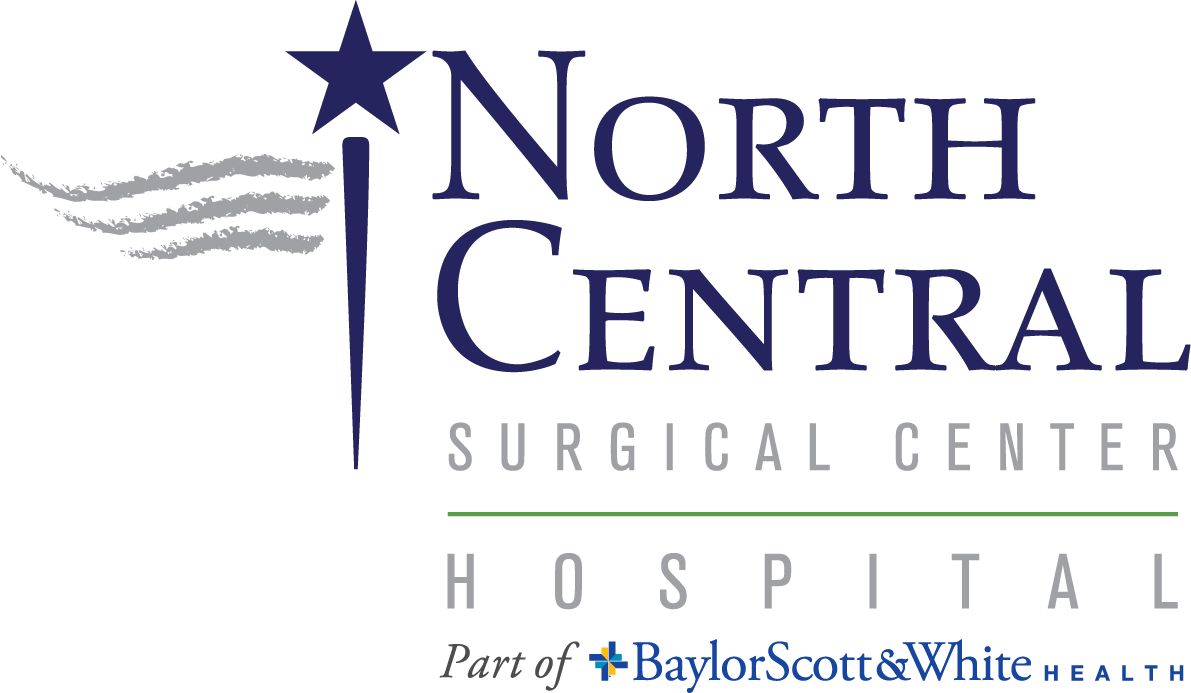
Does the recent popularity of organic foods have you wondering if going organic is truly better for you? And if so, is it worth your money?
Here’s everything you need to know about buying organic foods.
What does organic mean?
Organic farming is intended to conserve soil and water and reduce pollution. Organic farmers do not use conventional methods to fertilize their plants and control weeds, but instead use natural fertilizers and weed management processes like crop rotation.
Organic crops must also be produced without conventional pesticides, herbicides, bioengineering or ionizing radiation. Organically raised animals are fed organic feed and are given no growth hormones or antibiotics. They must have access to the outdoors for natural grazing.
The terms “organic” and “natural” should not be confused with one another. Just because a food is marketed as “natural,” “hormone-free” or “free range” does not mean it is grown and processed according to USDA organic standards.
How can you tell if a food is organic?
First, it’s important to know that any product labeled "organic" must be USDA-certified, meaning it meets the criteria for organic foods as regulated by the U.S.
Department of Agriculture. There are three types of labeling that organic foods might bear:
100-percent organic: Products must be completely organic or made of only organic products.
Organic: Products must be at least 95 percent organic.
Made with organic ingredients: Products must contain at least 70 percent organic ingredients.
Any foods with less than 70 percent organic ingredients may not be labeled as organic, but may list organic ingredients in their ingredient list.
Is organic better for you?
So far, research has not been conclusive on whether organic foods are actually more nutritious than conventionally grown foods. However, there are many health reasons you may choose organic, such as reducing your exposure to pesticides and food additives. Some may choose to eat organic for environmental reasons; organic farming practices are designed to reduce pollution and conserve soil and water.
Is organic worth the cost?
In most cases, organic foods cost more than their conventional counterparts, due in part to more costly farming practices. Organic foods may spoil more quickly and often come in odd shapes and varying sizes and colors. Despite their appearance, organic foods do meet the same quality and safety standards as conventional foods.
Buying organic may mean you'll be exposed to fewer chemicals in your foods; however, those that do appear in conventionally grown foods are well below the federal safety standards and there is no clear evidence that eating conventional foods will be detrimental to your health.
It really comes down to whether or not it makes sense for you and your budget to buy organic. If you wish to buy organic but are on a budget and need to prioritize your organic purchases, the products below are considered the “dirty dozen” most-contaminated produce items. In other words, if you can't only afford to buy all organic, buy the organic version of these foods:
• Peaches
• Apples
• Sweet bell peppers
• Celery
• Nectarines
• Strawberries
• Cherries
• Pears
• Grapes
• Spinach
• Lettuce
• Potatoes
Whether you buy organic or conventional, be sure to thoroughly wash all produce before eating to remove any residue. Purchasing fresh, nutritious, whole foods and avoiding processed foods is the most important thing for your health.
